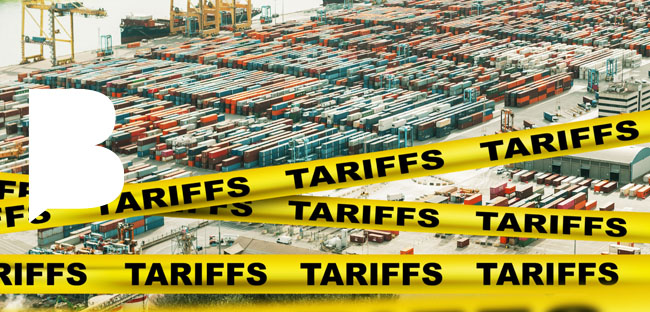The US House of Representatives has passed the ‘Take It Down’ Act with overwhelming bipartisan support, aiming to protect Americans from the spread of deepfake and revenge pornography.
The bill, approved by a 409-2 vote, criminalises the distribution of non-consensual intimate imagery—including AI-generated content—and now heads to President Donald Trump for his signature.
First Lady Melania Trump, who returned to public advocacy earlier this year, played a key role in supporting the legislation. She lobbied lawmakers last month and celebrated the bill’s passage, saying she was honoured to help guide it through Congress.
The White House confirmed she will attend the signing ceremony.
The law requires social media platforms and similar websites to remove such harmful content upon request from victims, instead of allowing it to remain unchecked.
Victims of deepfake pornography have included both public figures such as Taylor Swift and Alexandria Ocasio-Cortez, and private individuals like high school students.
Introduced by Republican Senator Ted Cruz and backed by Democratic lawmakers including Amy Klobuchar and Madeleine Dean, the bill reflects growing concern across party lines about online abuse.
Melania Trump, echoing her earlier ‘Be Best’ initiative, stressed the need to ensure young people—especially girls—can navigate the internet safely instead of being left vulnerable to digital exploitation.
Would you like to learn more about AI, tech and digital diplomacy? If so, ask our Diplo chatbot!













































